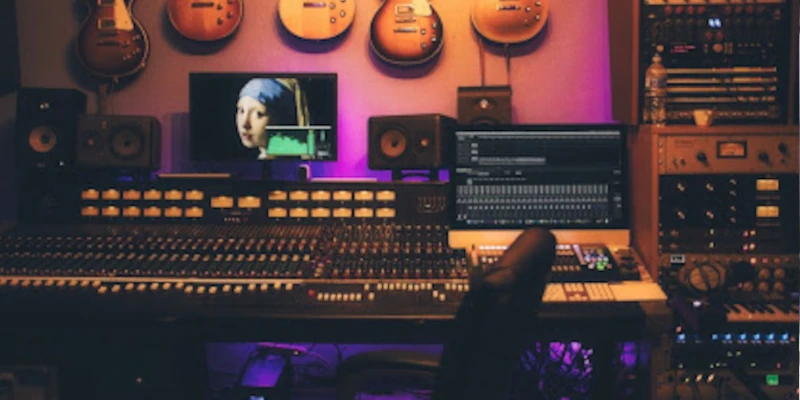
Creating a hit song is no easy task. It requires a lot of hard work, skill, and creativity. But what is the process of Music Production that goes into making that hit song?
In this article, we will break down the process of music production, from start to finish. We will discuss each step of the process, and we will provide examples of how the process works in the real world.
The "production process" of any song begins with songwriting and the "production process" includes things like mixing and mastering. At the same time, when you consider that the songwriting and production process also closely relate to each other (and affects each other), you can start to see how it a valuable process. Your whole mindset, energy and concentration is required for the whole songwriting and recording process, especially if you want to reach out to the world with your song.
1. What’s the Definition of a Song?
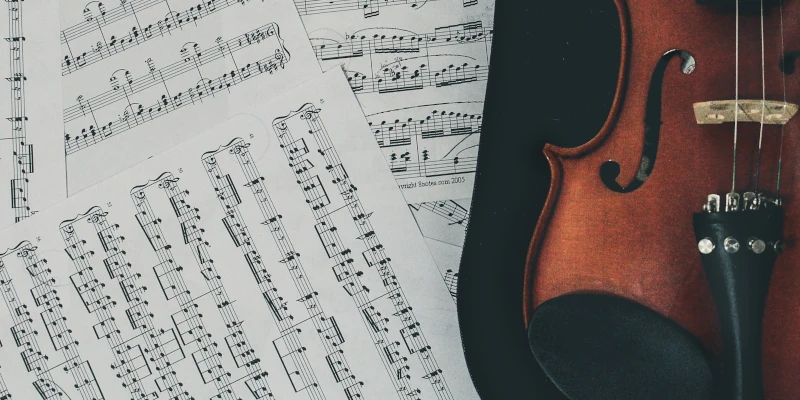
Every song is designed to evoke a particular feeling or mood in our listeners and prompt them to act in a certain way, which the songwriters hope will form a mental association with their products or services.
The songwriting process is a 3-part process that leads to completion: six steps to create the skeleton of a perfect song. The chord progression is the key to all harmonious melodies and chord arrangements; it's what imitates a human voice, a box or texture; all sounds -in all instruments- are rooted in a chord progression.
A song is a high-energy form of communication. A song's chords have a relationship, making harmony come into existence. This relationship between the chords means that every song has two chords. A chord has four pitches along with a voice, along with the most stable pitches and parts of the music. If a song has many chords it is hard to play, thus harmonizing is important and must be practised. As we play a song, we can make the pitch relationships of the chords sound like a pattern in our minds. Every song has a chord progression associated with it, which makes the song easier.
The basic premise of any song is that it does something or anything, whether it is a collaboration between content (songwriters, singers), sound, performance, or visual (picture).
Defining any song can be difficult. It is almost like asking another person to evaluate your own creativity.
2. Why are Songs Written?

The majority of songs are written for the sole purpose of promotion, and not solely for the profit of the artist and label.
Often the artist does not write these songs with enough knowledge and do not approach songwriting as a business opportunity, and in most cases they receive a small songwriting credit.
Writing a song is a very demanding, time consuming, and skillful process, often overlooked because writers tend to isolate themselves in their own studios.
Many good writers have lyrical ideas but find that they lack an instrument within their circles to make the idea work while maintaining good mechanics as a songwriter.
It is important to not limit yourself and look at new possibilities on how your proposal can be conveyed through music.
Many hit songs are "written" at the end of the day and pushed through the system. Many songs are started through sketching
3. What Does A Songwriter Do?

As songwriters, we are expected to create all parts of a song, from the beat to the gameplay to the lyrics, with just our minds.
This is largely what makes the production of a hit song so hard, we come up with a melody, maybe throw down a beat, come up with a key, gather more beats, and write lyrics.
Once you've found a catchy melody with a good receiving hook and a catchy arrangement, it should be the first thing you work on.
You keep your melody sounding appealing to the crowd by tightly picking one of the chords from your song's key or a minor or major chord.
For instance, a chord that sounds appealing is a sharp seven.
Since I am in the key of C, the sharp seven sounds like C E. An example +-7 of a desired chord is: C-E F-G. Of course, this means certain chords that create one sound will sound different in different keys.
I'd say if you're in a classical rock key (a key of C major or C minor), you probably want to opt the natural seven.
They sound harmonic and feel neutral to the listener.
Play around with different chords in your song to see what sounds best and stands out.
4. What’s the Purpose of a Song?
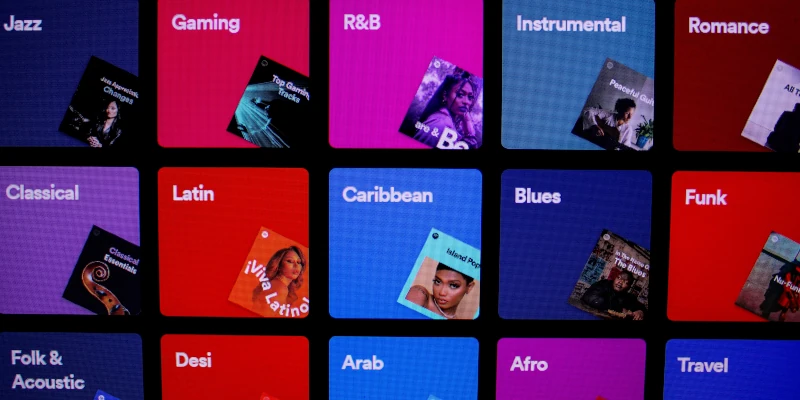
Best-selling songs on the charts have always been and always will be different kinds of songs. Some can come from unexpected places and genres, like hip-hop, like Taylor Swift's "Shake It Off" or Ed Sheeran's "Shape Of You." Others find their place through a niche, like country, like Taylor Swift's "Fearless" or reggae in Drake's "One Dance."
Some pieces of music have kept listeners engaged, like Snoop Dogg's "Drop It Like It's Hot." Others have become trends, like "Ring My Bell" by Akon, that became a popular saying.
But knowing what a hit song entails can be more difficult, as not all kinds reach the same level, but we know that a great number of people online are trying to figure out how to make a movie or a music video. Not to mention a song should be catchy to be able to rank higher on the charts.
Music is the expression of the common emotions and feelings perpetrated by all individuals. But at the same time, it is also the medium of the cultural values shared by the community or by an individual. It is deduced "great song".
5. You Need The Right Machines To Record The Song!
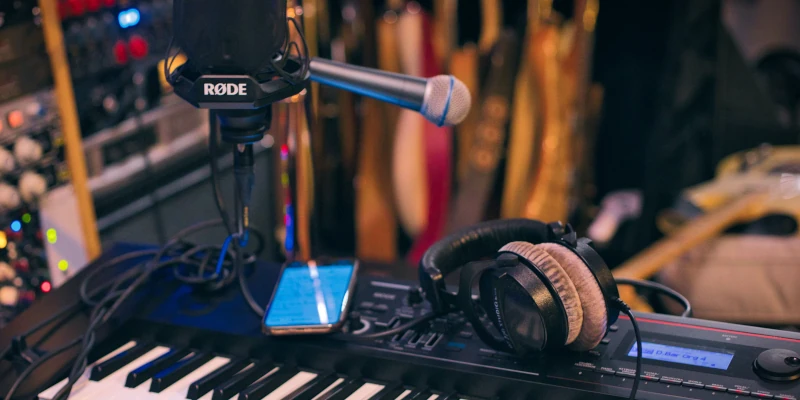
In the early days., producers/songwriters would make an MP3 player and a cassette and run around rapping beats. Then they would record themselves on their MP3 player, edit it, and add some ‘production’ to the song. We’re getting off-topic here, but basically, the hip-hop beat of music production is still this way.
Nowadays, there are a few ways a producer of a hit song can produce it. You can simply record vocals yourself, send the files to a mixing and mastering engineer, and you should be done. Overall, if you’re independent, this is probably the easiest way to go about it. It can be a very sustainable way to make money if you’re a good shooter.
But there are many other ways to make money as a songwriter or producer:
First, you can hire a mixing and mastering engineer for roughly the same price of hiring a good audio engineer for 2 hours of a recording.
In most cases, of course, you’ll need to pay the engineer hourly. In this situation, if you want to go the route of paying a professional mixing and mastering engineer to master your song, expect to pay about $1,500 (or more). If you want to jump into this route, spending $500 (or more) an hour is pretty reasonable, and you’ll need to do tons of hours of music to start seeing your money come back.
With most websites going to Voicemood.com for browsing, content and providing access to great independent music, new artists and artists looking to improve their "sound design" to "one-up" their next record. "sound design" is all about giving passages in soundtracks a clear perspective or placing the appropriate sound effects and ambience into scenes effectively, on the next level. An upcoming artist needs to use music on their website that is designed to match whatever visual or graphical image is associated with it.
6. Writing Licks
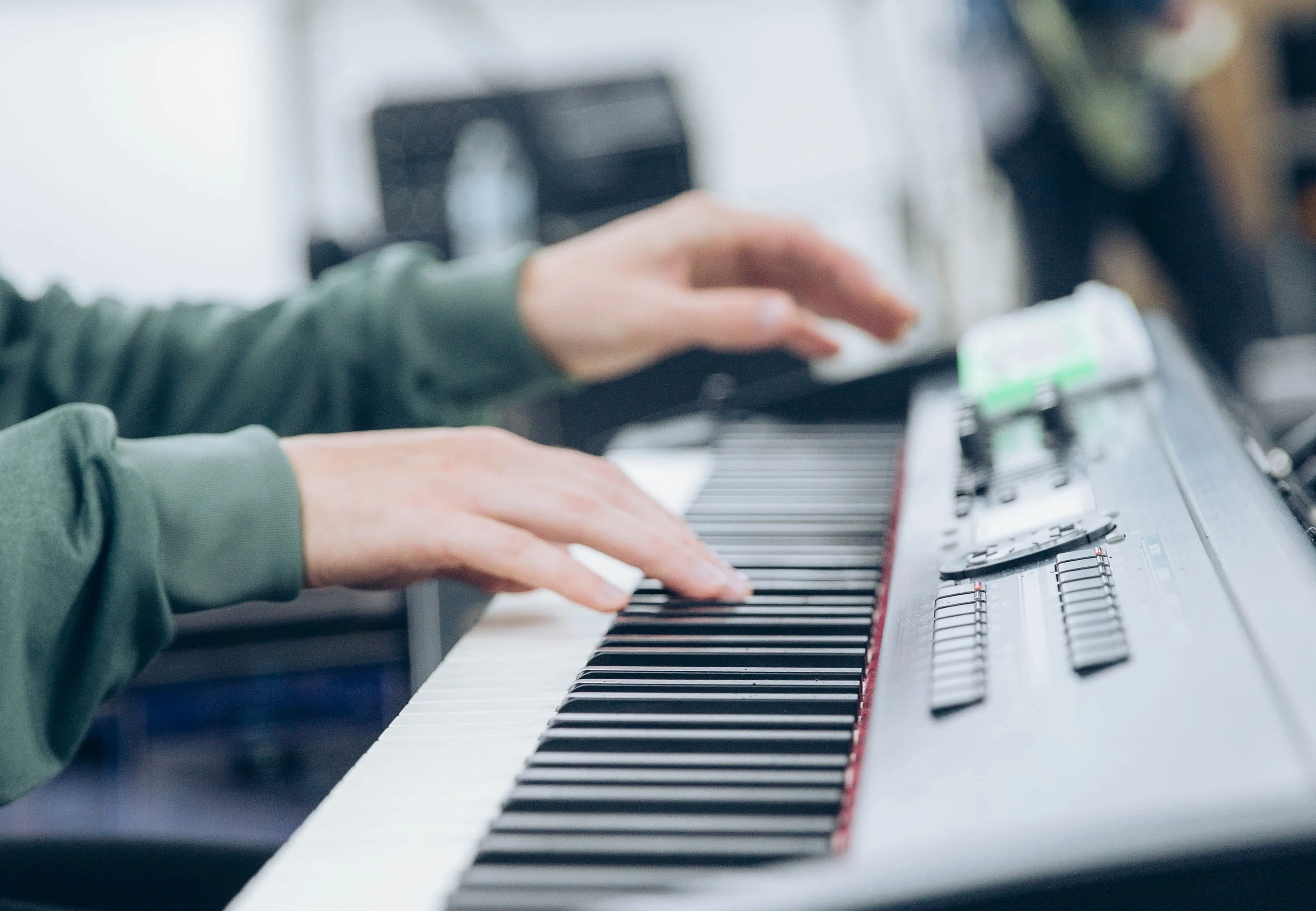
The first step to writing a hit song is creating a creative first-chorus melody. As I mentioned in step three, Licks are telling melodies, chords, and grooves that can be used to build a song.
In your veryfirst phrase, you have to make sure that you communicate what kind of vibe you want to set in front of the listener. Also ensure that everything sounds cool in your intro, just like it would be played live.
In this example, we're telling a fun vibe, away from a melancholy sound. Instead, we bounce around light-hearted sound and vocal comfort. This is our chorus.
It's important to make sure that it still is catchy and easy to remember for our upcoming verses.
Consistency is the key for your first lick of the chorus. A good way to write it is to start simple rather than elaborate. Make sure that every part of your chorus sticks out in a way that grabs the listener's interest.
Try to make every melody of your chorus true to your progression in all its glory. Don't cheat yourself when plugging in a melody.
Writing a melody is one of the most important skills of a "writer". The basic form of "licks" is simple, but most of the music theory aspects in it are overlooked. "Licks" are part of music critical "scales". "Licks" in music are the basis of composition and arrangement, so understanding them creates "writers" who are not only "composers" but also "arrangers".
7. How Often Does Music Production Begin?
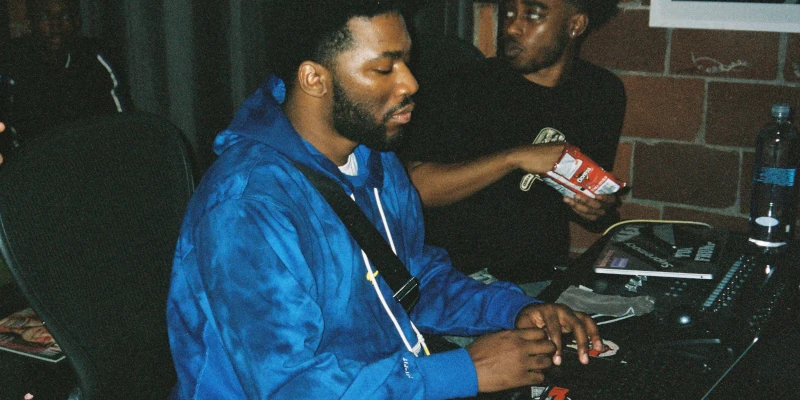
So the first step in the process is music production. There are so many things to pay attention to before a song is finished, including settings for vocals, samples, and instruments.
When looking at song writers, you will find that they have ideas for songs but no skills. So in order to complete an entire record, all the song writers included will go into a studio or session room to have a recording.
When musicians with no fear, Douglass will think about what kind of bass they need in the song, or may open his guitar software and play them down. Once they have the perfect track, he will send it into a recording studio or session room.
This session is where a lot of really unique beats exist in the song. During this time, song writers, producers, make a selection as they incorporate more songs and music. They may find important samples or sounds that they like that they want to include into the song.
This process is very specific. You can't just swipe a song from one of your artist’s songs.
If you want to try to write a hit song, at first, your GoFundMe will set you back a tab. This tab is what your record will be worth after production. It will create your record and hold your rights.
It will also put a lot of money in your pocket, because after this process, you get a cut of the proceeds.
8. Music Production Studios?
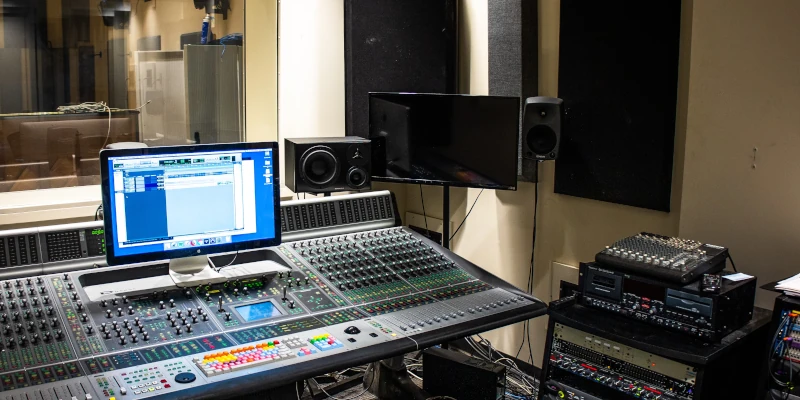
Every song you hear on the radio or in your favourite club has a producer who created the song.
They make their own hits for their sound quality and punch beat.
Music production studios bring together musicians, engineers, songwriters, etc. in order to produce perfect music. Part of this process of musical creation is a massively underrated and under-appreciated art - the use of sound design. With "music production," artists generate a groove or beat to serve as the backbone of a composition. In addition to "creating" the song or melody, producers might also utilize sound design such as sound effects and instrumentation. Good enough "music production" studios tend to be in New York and LA, but
In working with a talented music production team you can plan for a successful "music production". You can look for music production studios with the right sets up by using ebay to dig out your cheap production. Here are some factors which make a successful "music production" studio. You must meet the right people who can understand your music and they must also understand and appreciate what it is that you usually do in the studio.
This process is known as the music production. The process goes beyond the musician, but it needs skill, rule, and obedience as well.
In the past three years, demand for music production studios has gone incredibly high. Especially with the success of iTunes signing.
There have been a number of studios that have built on their reputation. Especially with the popular rap sound. So you might want to think about opening up your studio before you approach the DJ.
Creating a hit song is a long and difficult process, but it can be broken down into a few simple steps. In this article, we will take a look at the process of music creation, from songwriting to production. Let's get started!
The first step in creating a hit song is writing the lyrics and melody. This can be done by either the artist or the songwriter. The artist will usually come up with the initial idea for the song, and then the songwriter will help to develop the lyrics and melody.
Once the lyrics and melody are written, the next step is recording the vocals. This can be done in a studio, or in the artist's home studio.
Another thing to keep in mind is that track production can be done either by a producer or by the artist themselves.
